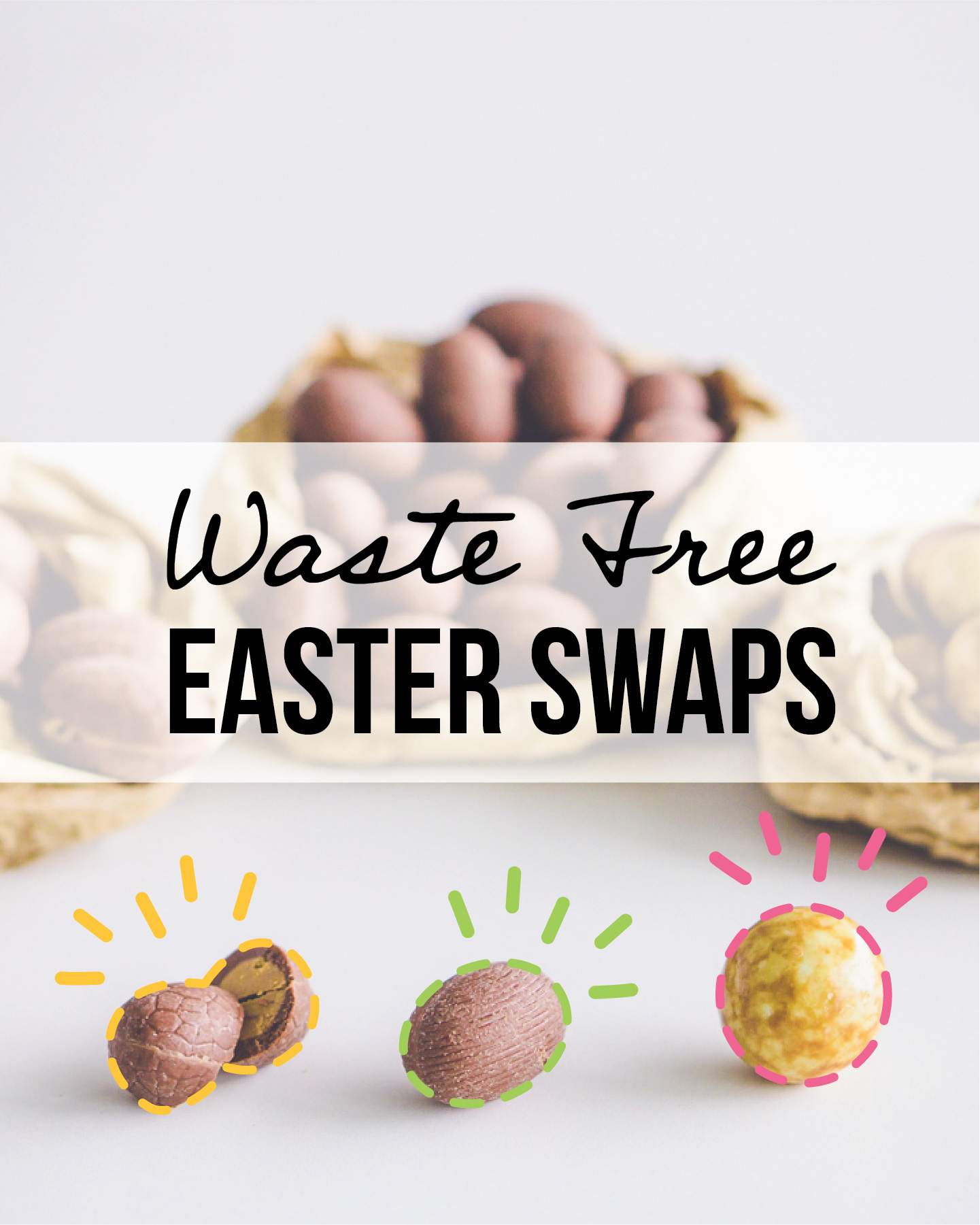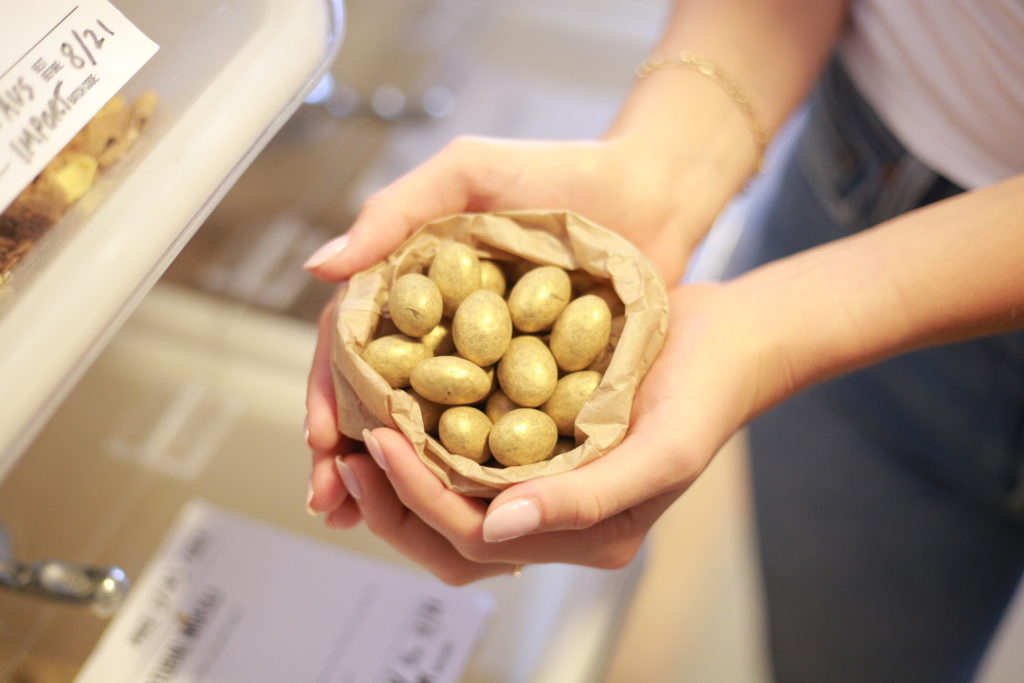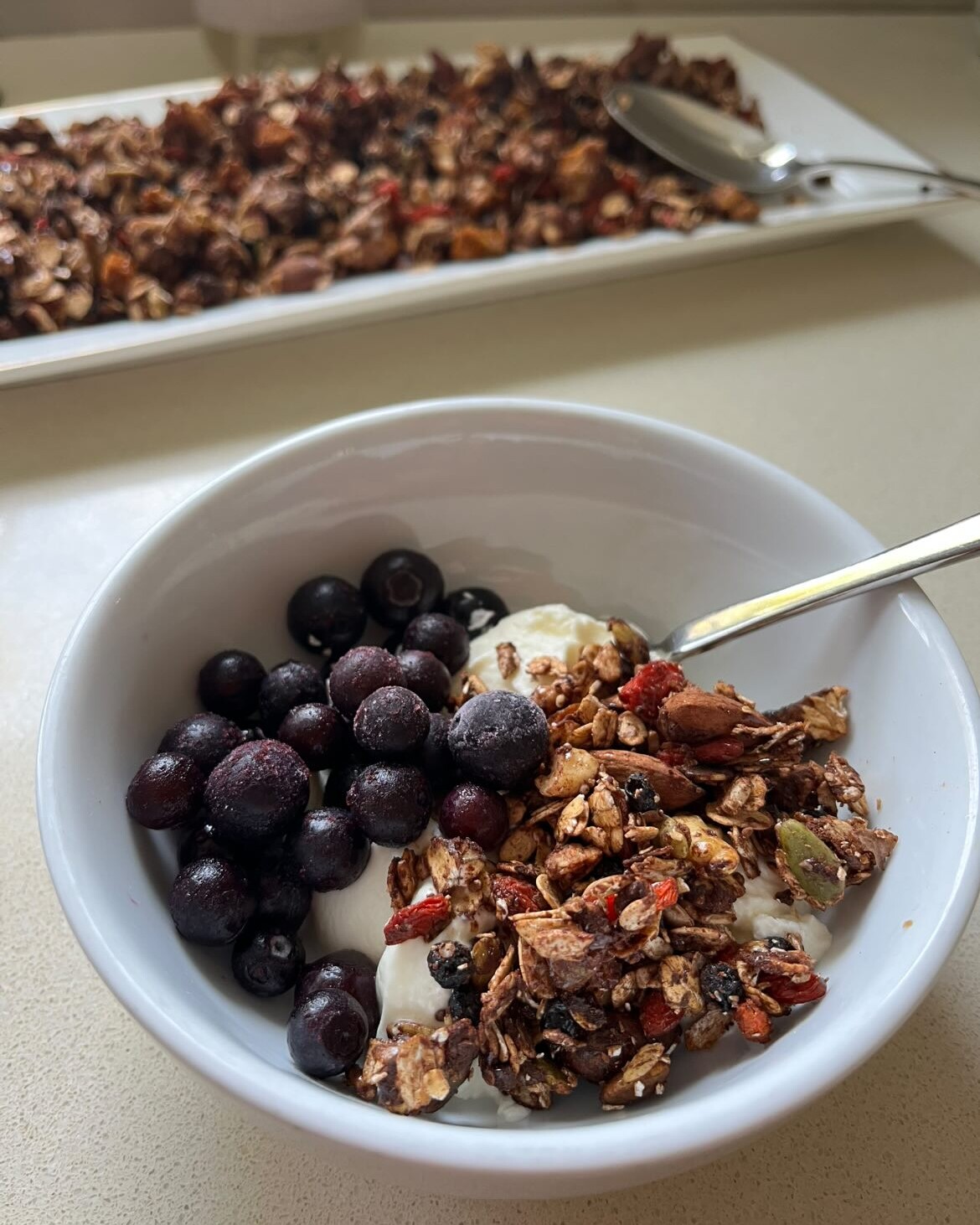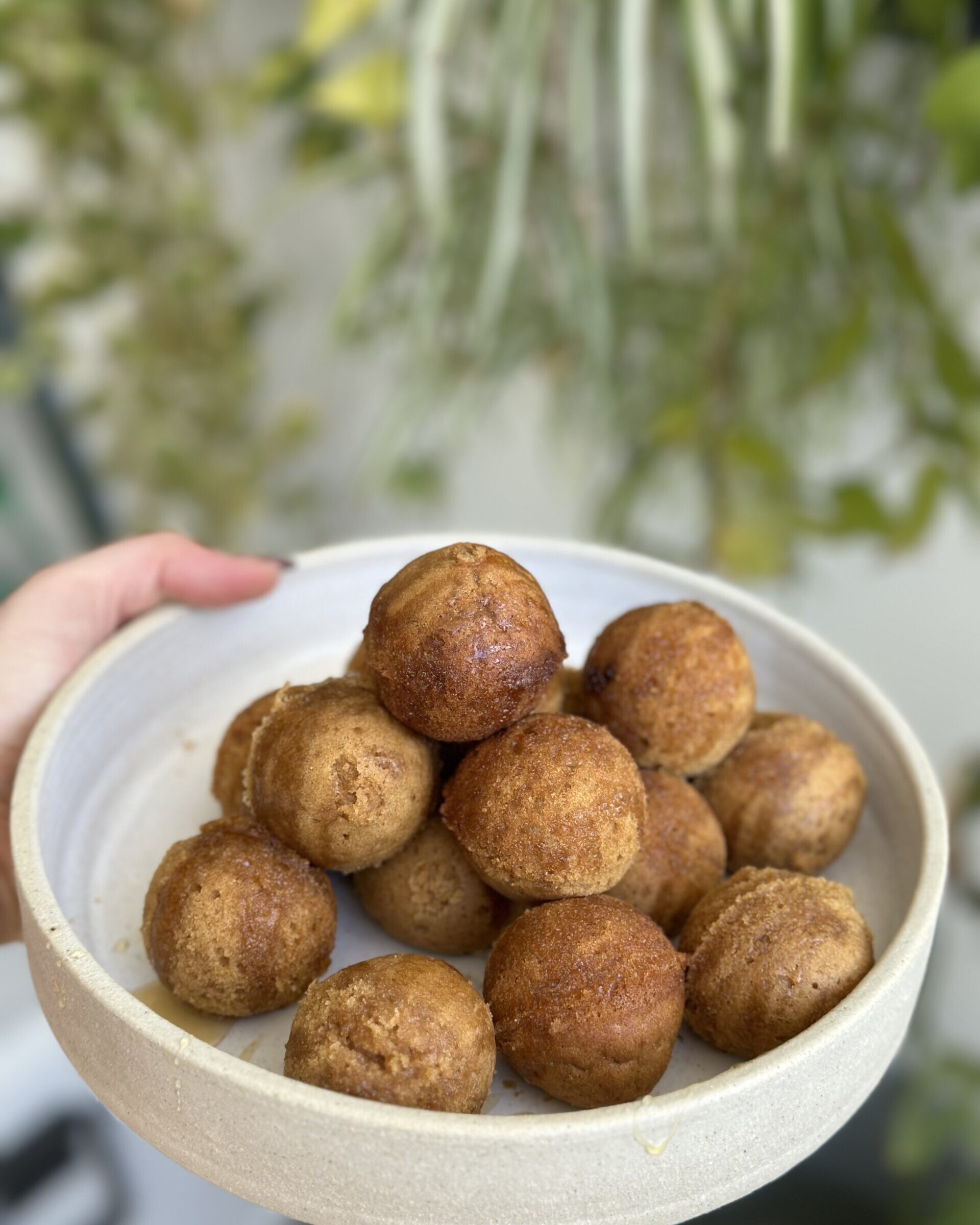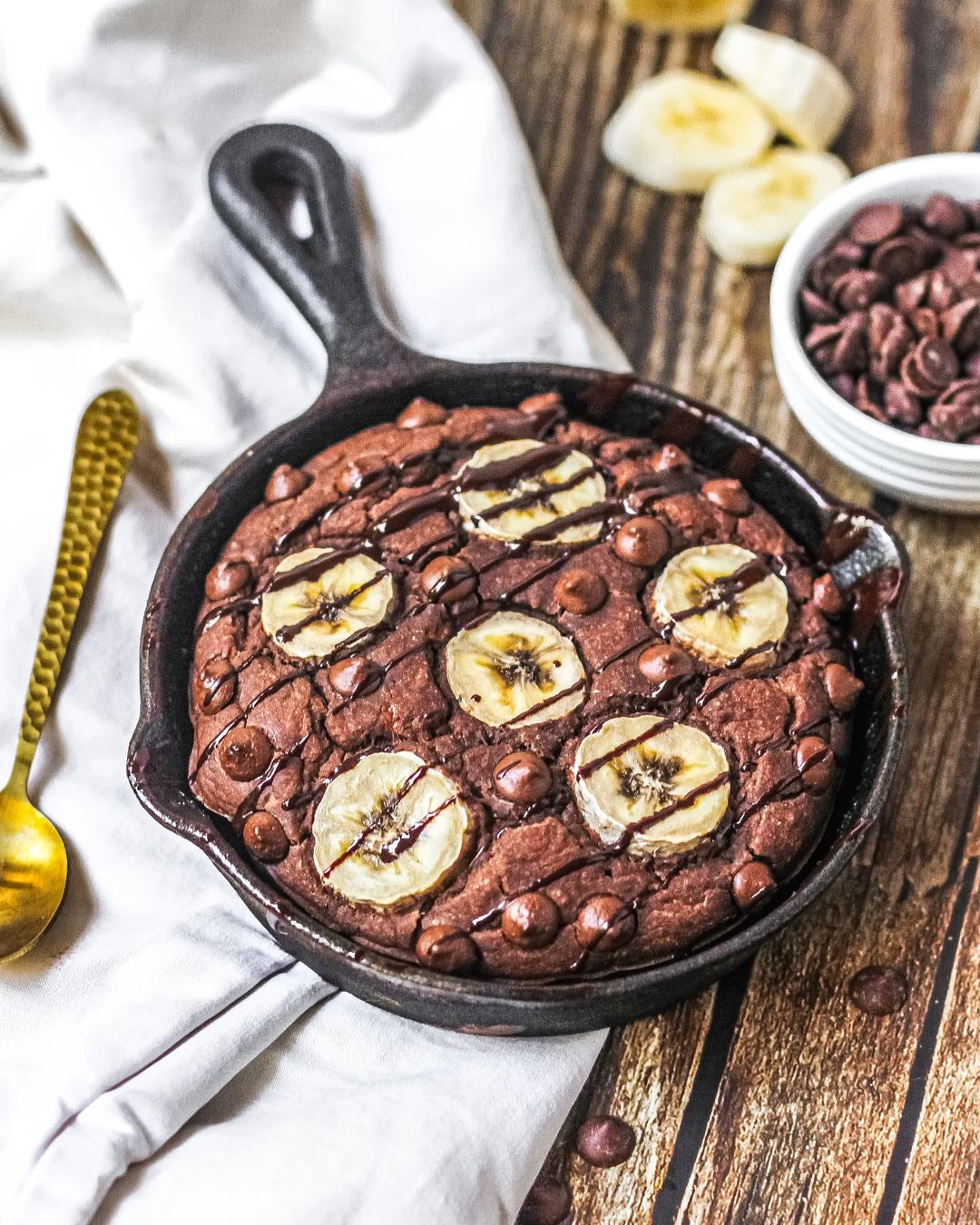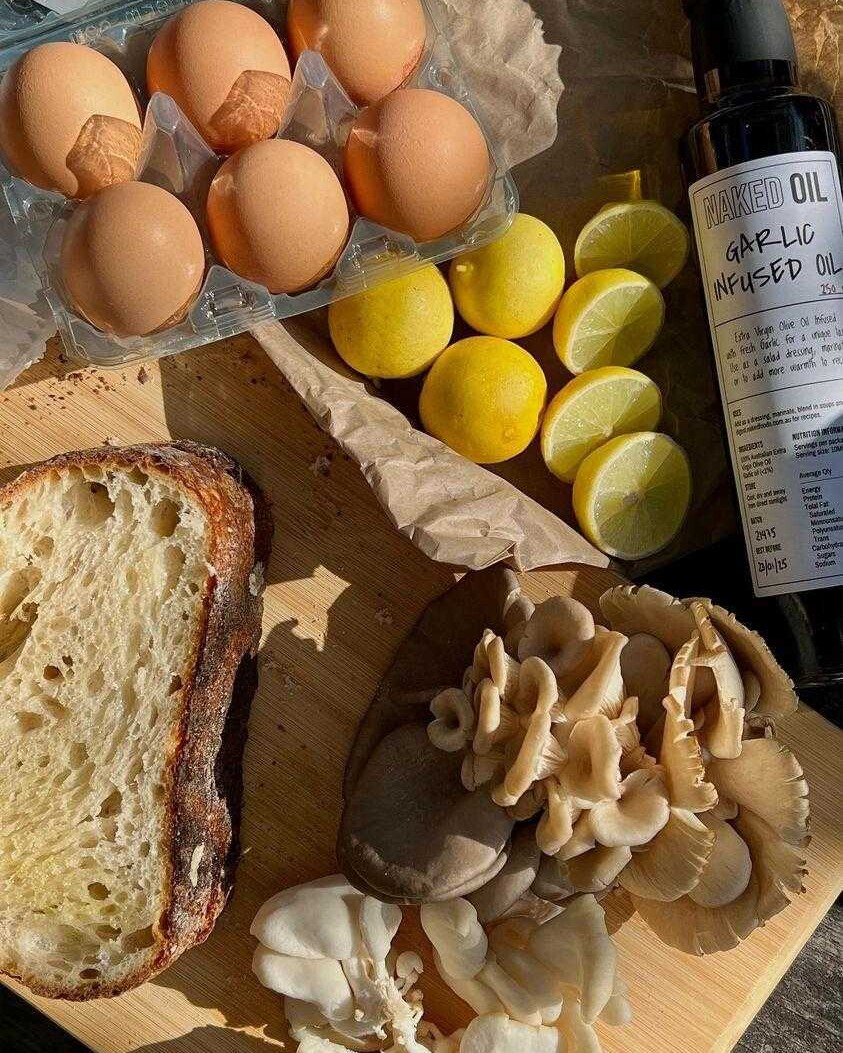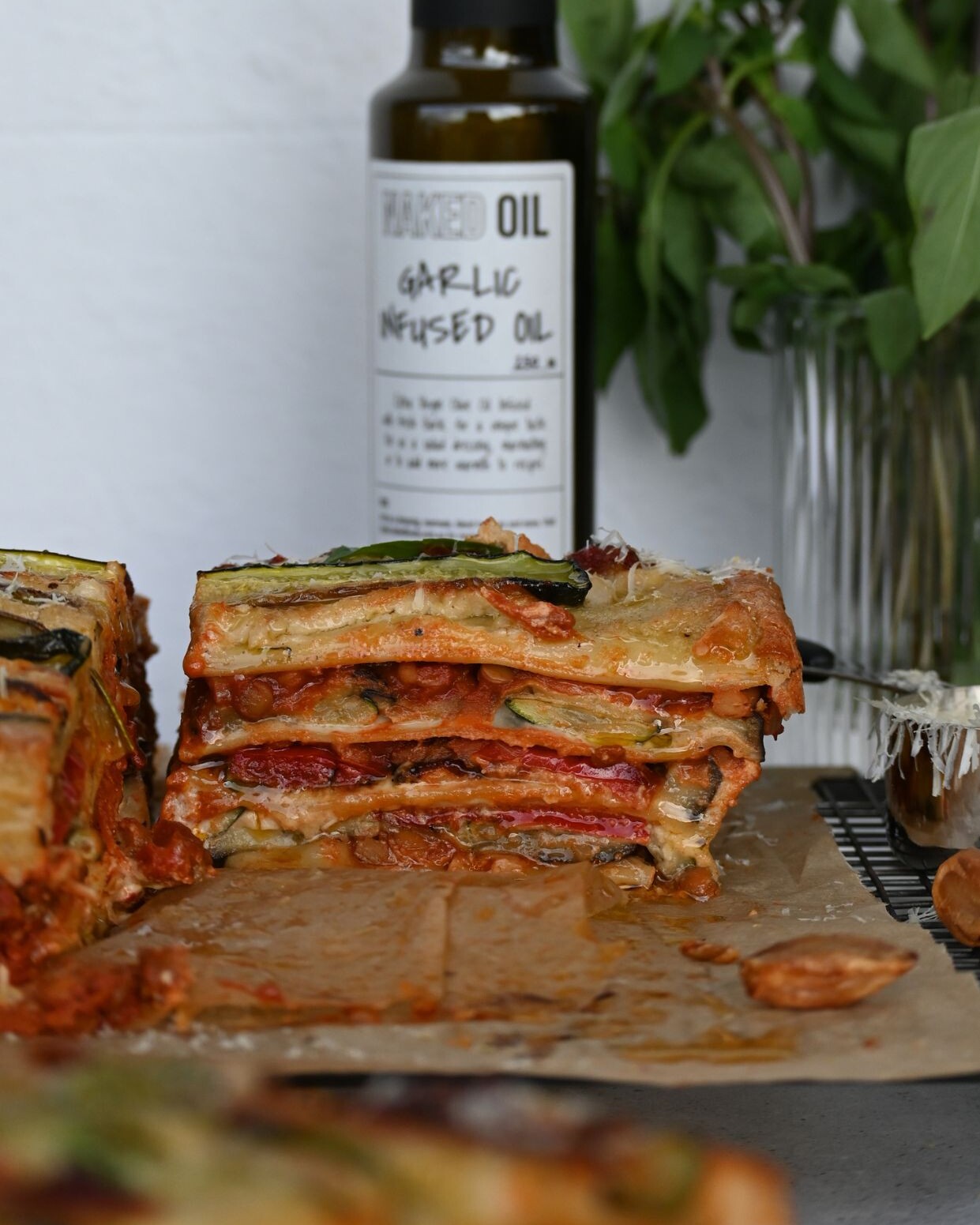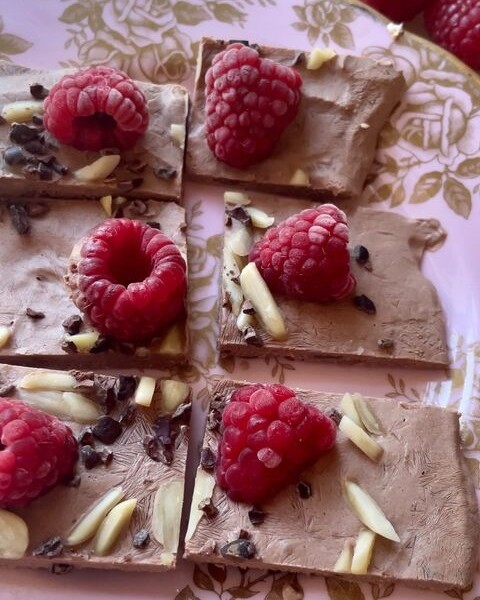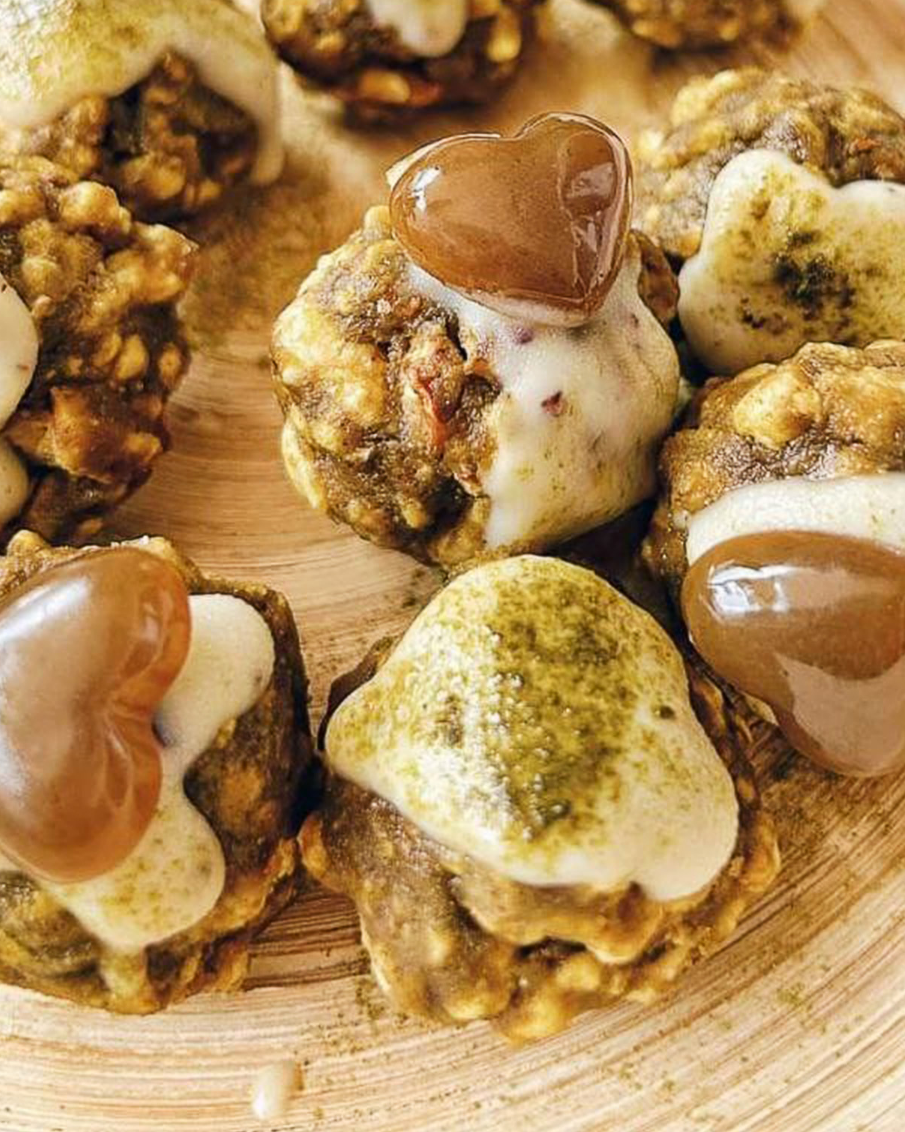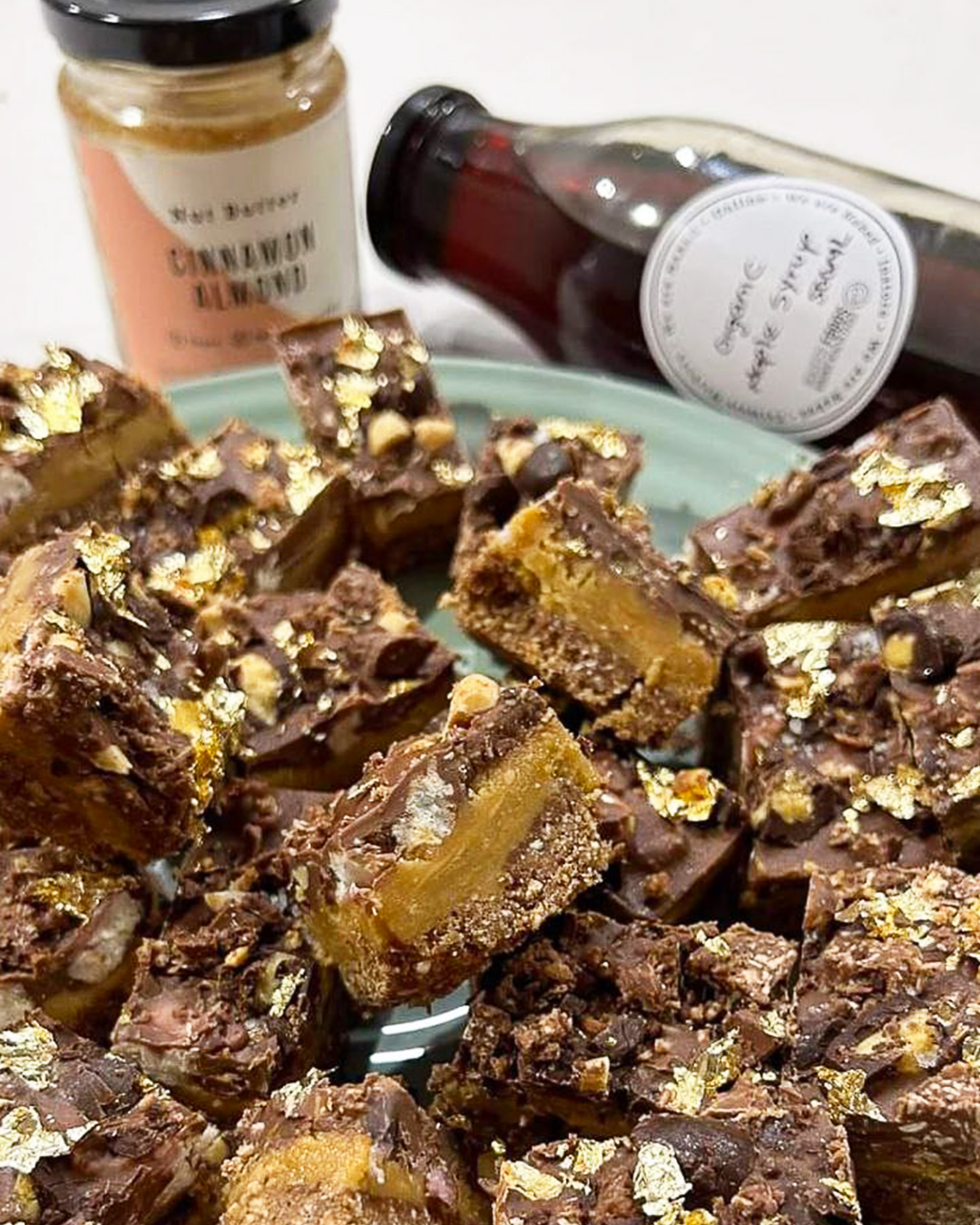With Easter fast approaching, your house may soon be filled with an abundance of food, wrappers, boxes and everything in between.
Australians generate an estimated 67 million tonnes of waste each year – with the nation’s chocolate consumption over the Easter break accounting for almost 4%. The weekend alone calls for large spikes in waste production, an overindulgence of food and needless packaging that ends up in overfilled bins then landfill. By following these simple swaps, you can make your Easter as zero-waste and sustainable as possible.
Chocolate Eggs
While chocolate eggs wrapped in jewel-coloured foil may look pretty, their damaging impact on the environment isn’t so pleasing.
Look out for chocolate eggs that aren’t individually wrapped in plastic or foil – these will lead to an excessive amount of packaging waste that ends up in landfills, our oceans – threatening our wildlife. Instead, pick up your Easter treats completely waste-free at your closest Naked Foods store. There are delicious Dark Chocolate Golden Easter Eggs that are stripped from unnecessary packaging readily available.
Alternatively, you can create your own using melted chocolate and reusable moulds to gift to your friends and family. The best part is, you can get creative with textures and flavours to make your chocolate gifting more unique and personal. From white chocolate and caramel to, mylk or dark, to sweet or salty and smooth or crunchy – there are endless combinations to hand make. Put them in a decorated jar or paper bag to make them even more festive!
Easter Egg-Hunt
What’s Easter without an Easter egg hunt? You can still enjoy the zero-waste option by placing your hand-made chocolate eggs into reusable wooden Easter eggshells or even by painting your own hard-boiled eggs. You can create your own natural dye using nature’s own colour palette – think coffee, turmeric, berries and spirulina. This swap not only reduces waste but provides a unique and crafty experience that the family will love. Make sure you use the eggs in an Easter dish and compost the shells when done!
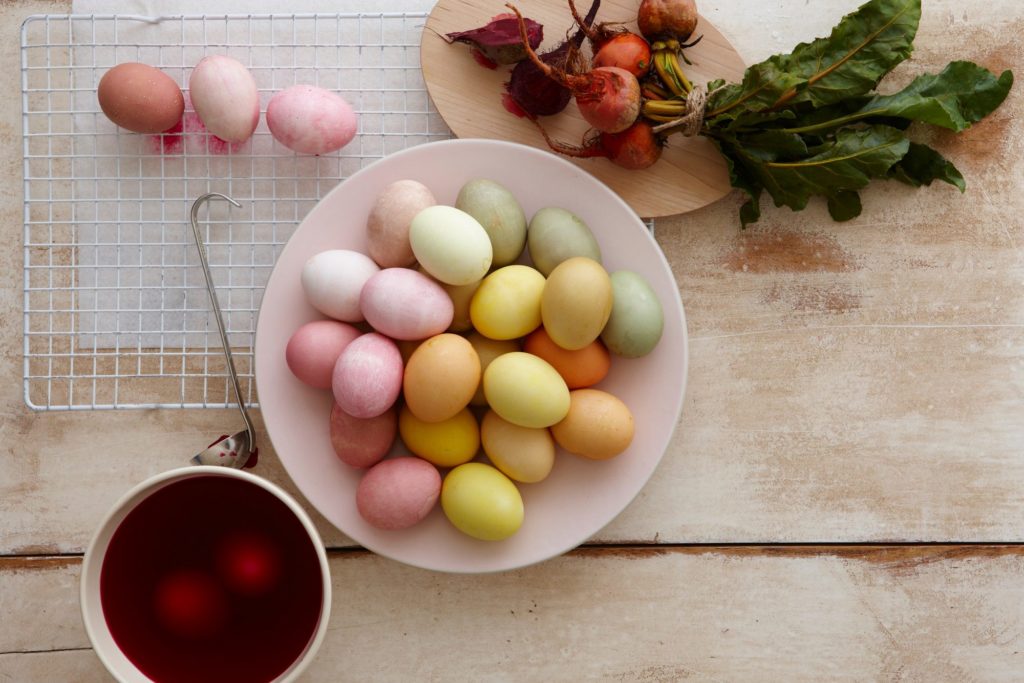
Meal Preparation
The festive season always calls for an overindulgence in food with friends and family. It’s important to plan your meals ahead of time to reduce unnecessary food waste. According to the Australian Department of Agriculture, Water and the Environment, Australians waste approximately 7.3 million tonnes of food each year – accounting for more than 5% of the country’s greenhouse gas emissions.
To reduce your food waste, you can create a list of meals – from the main courses to snacks and desserts. Note exactly what ingredients you require and how many people you are catering to. This will not only save you from the supermarket aisle panic – but buying what you need and getting your portion sizes right will substantially reduce your waste.
Buying at a bulk foods store is always a more sustainable option. It’s important to avoid purchasing single-serve items and most pre-packaged supermarket foods and instead, buy in bulk. You have the freedom to choose exactly what and how much you need – without the pre-packaging serving sizes.
Leftovers
Despite your efforts to ‘buy exactly what you need,’ you may still end up with excess food at the table. Glass containers and airtight jars are great for storing leftovers – you can put them in the fridge or freezer to make your food stay fresh for later.
Beeswax wraps also make a reusable and sustainable alternative to plastic covers. Unlike a single-use plastic wrap that you find in supermarkets – that end up in our oceans every year, beeswax wraps can last for more than 200 uses. You can use them to wrap your fruit, vegetables, bread and baked goods.
As an ideal last resort after eating, make sure you compost any excess food scraps. They can be reused as fertiliser in your garden or even donated to a local worm farm. The planet will thank you for it.
There are so many ways you can dramatically reduce your waste this Easter. It doesn’t need to be difficult; a little creativity and a few simple swaps can make a huge difference.
Words by Sara Sindoni
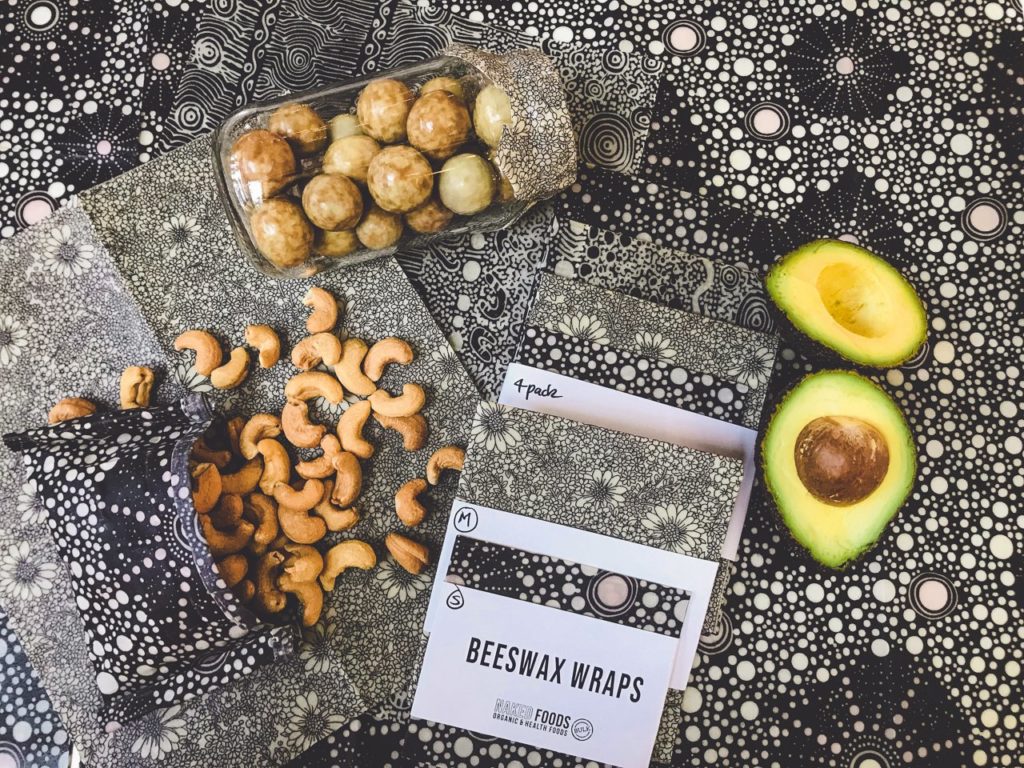
Bibliography
- Ann, S (2020). Waste Statistics in Australia 2020: Why We Should Act Now. Paul’s Rubbish Removal. Accessed <https://www.paulsrubbish.com.au/waste-statistics-australia-2020/>
- Australian Government Department of Agriculture, Water and the Environment (2021). Tackling Australia’s Food Waste, Food Waste. Accessed <https://www.environment.gov.au/protection/waste/food-waste>
- World-Wide Fund for Nature (2020), Don’t Let Nature Go to Waste, WWF, Accessed <https://www.wwf.org.au/get-involved/plastics#gs.vtji3z>
About the Author
Sara is a Media and Communications graduate, with a major in Journalism and Non-Fiction Writing. She is passionate about speaking on the issues and developments related to all areas of food, health, and wellbeing. In 2015, Sara made the decision to follow a plant-based diet for her health and compassion for the animals. She believes writing about her experiences will inspire others to live a healthier and more sustainable life.

